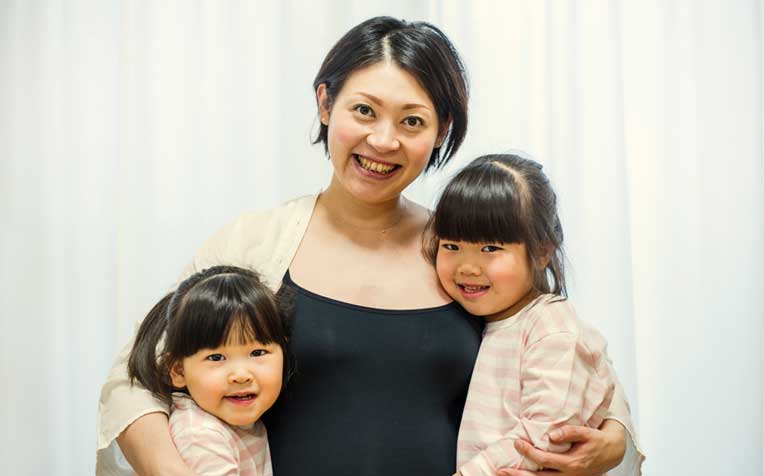
Mature mothers-to-be can seek antenatal care to overcome emotional challenges.
It can be a bumpy road, emotionally, for pregnant women, especially those who are older
Our expert, Dr Chua Tze-Ern, Consultant at the Women's Mental Wellness Service, Department of Psychological Medicine, KK Women's and Children's Hospital (KKH), a member of the SingHealth group, gives some advice on how mature mothers-to-be can cope during pregnancy.
What are the emotional challenges and concerns that older mothers-to-be may face?
Some of these challenges are quite apparent. As we grow older, we naturally become less energetic and active. A mature mother-to-be might, very understandably, find the physical toll of pregnancy, followed by years of child-rearing, a daunting prospect. At the same time, she may have high expectations of her child, who may be the last one she can conceive. Furthermore, she might already have other children to take care of, or be strongly committed to her career, and wonder how she is going to handle the additional responsibility.
She is also more vulnerable to health problems, such as pregnancy-related changes in glucose tolerance and blood pressure. In some cases, assisted reproductive techniques may have been used to aid conception; these can be stressful even when successful, because of medication, personal expectations and the possibility of twin (or more) pregnancies. These challenges are largely physical, but can have an emotional impact.
On the positive side, maturity can be a definite boon in motherhood.Compared with an adolescent, for instance, a mature woman is more likely to enjoy stability in her financial status, occupational status and social status. More importantly, she will have had richer and deeper life experiences and relationships, and may be better able to provide love, protection and guidance to her children. These can more than make up for the physical disadvantages of age.
What are some ways to help mature mothers-to-be overcome emotional challenges?
Most of the concerns are highly valid, and should be acknowledged and addressed as far as possible. A mature mother-to-be is likely to benefit from speaking candidly to her partner, doctor, family and friends about her worries, so that she may equip herself with practical and emotional support.
Antenatal care should be sought early and regularly. Health problems should be identified and treated. Work and childcare arrangements should be sorted out before the baby's arrival. Providers of support should, in turn, show sensitivity to a mature mother-to-be. Assuming that she ought to be able to cope, or saying that she should have known better than to get pregnant at her age, are unhelpful and potentially hurtful remarks. Adopting a non-judgmental attitude and offering practical help and empathy will, in contrast, go a long way in providing help.
How can the husband play a role here?
He can do so by taking an active part in preparing for the baby's arrival. Just like his wife, he has to learn how to be a parent, in addition to being a spouse. This presents a challenge, especially if he has his own career goals. However, if the couple can make the journey together, it becomes an opportunity to bond and encourage each other.
On a day-to-day basis, this means that the husband can help by becoming adept at the practical aspects of child care. For instance, he can learn how to prepare feeds, change diapers, administer baths and read bedtime stories. He can also provide emotional support by giving personal priority to couple and family time. All these things may not come easily and automatically, so he should give himself time to learn and remember to take care of himself as well.
There are many other ways for him to fulfill his roles as husband and father; the underlying theme is that he affirms and acts on his love for, and commitment to, his family. In return, he will very likely find himself rewarded by deep and meaningful relationships that will last the rest of his life.
Are there any tell-tale signs that indicate the mature mother-to-be needs counselling?
If she can put her worries aside to carry out her usual activities, and is able to enjoy the positive aspects of life, it means that she is still in control of the situation. She may require professional help if she finds herself persistently tearful, anxious and negative, is not sleeping and eating well, and has difficulty doing the things she needs to do. Mothers-to-be with previous psychological problems are especially vulnerable to such symptoms.
While it can be difficult to acknowledge the need for this sort of help, an affected mother-to-be should be aware that antenatal mood problems respond well to treatment. This is also important for her baby, as antenatal depression and anxiety do affect foetal growth and future neuro-behavioural development. In this way, early identification and intervention of antenatal mood problems can be seen as a safeguard for the emotional wellness of the family.
Ref: U11
Contributed by


















 Get it on Google Play
Get it on Google Play